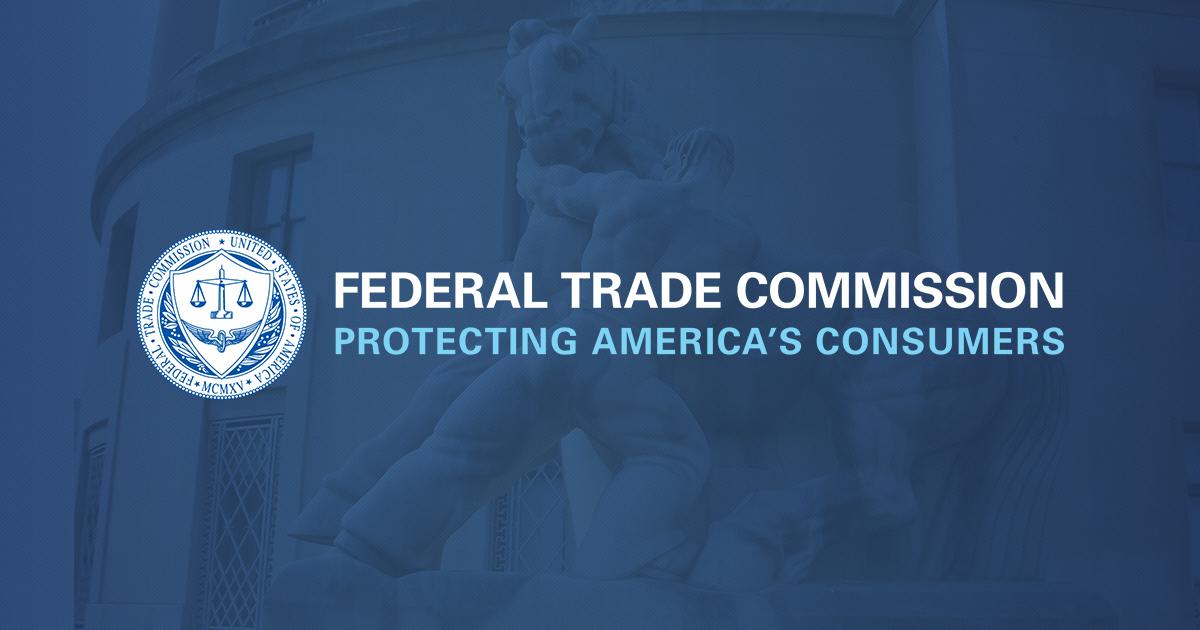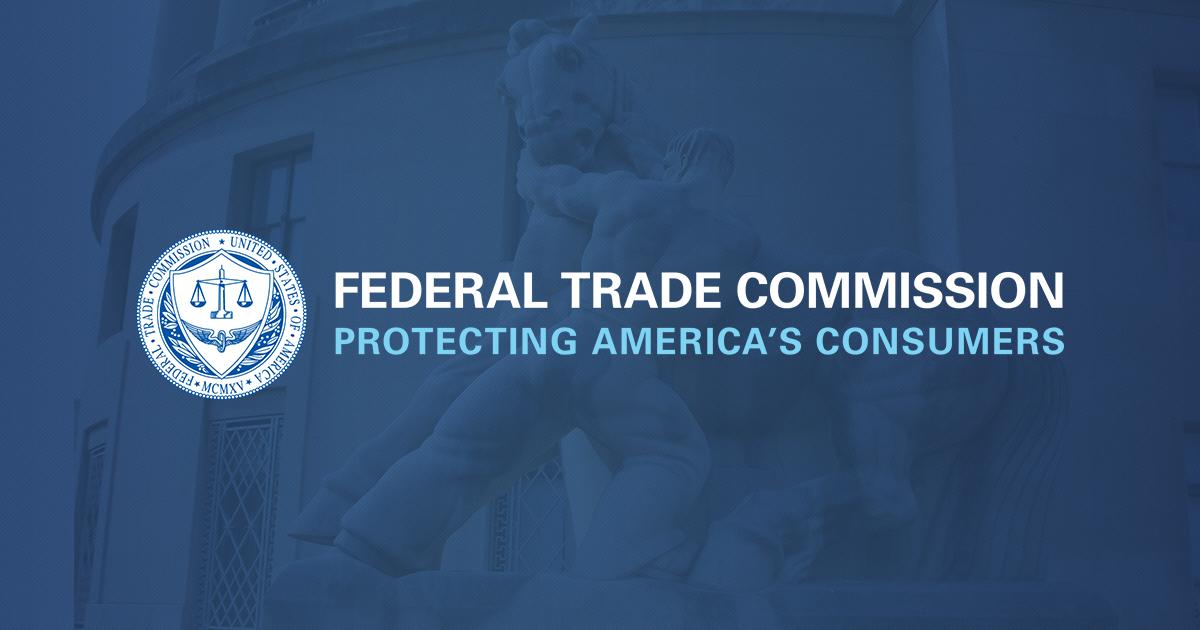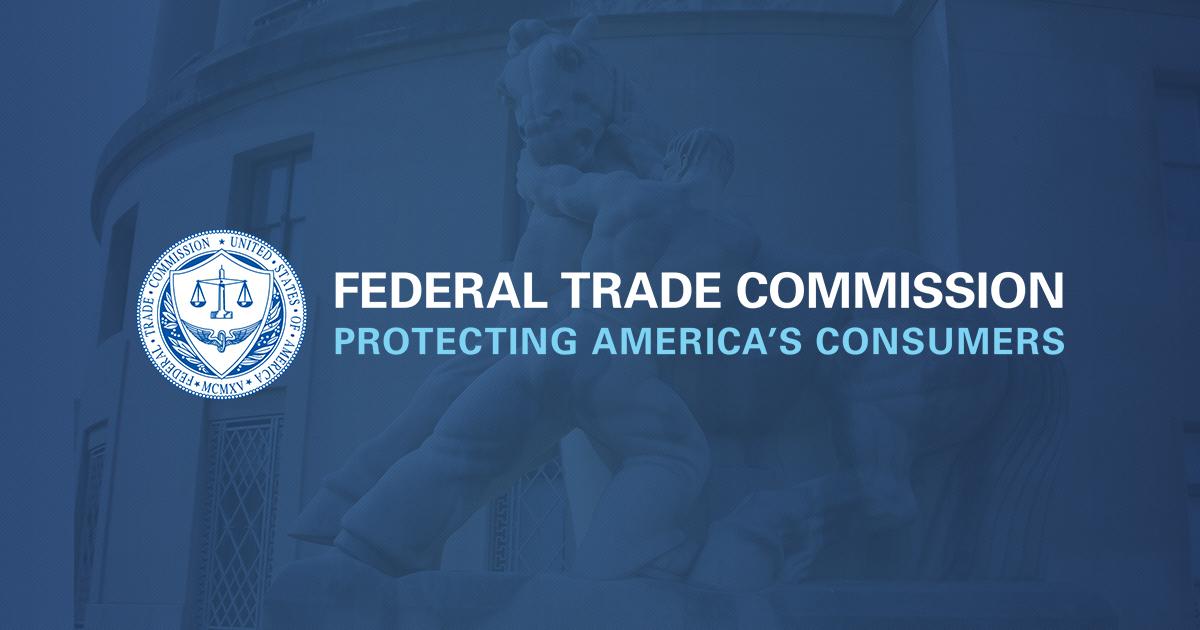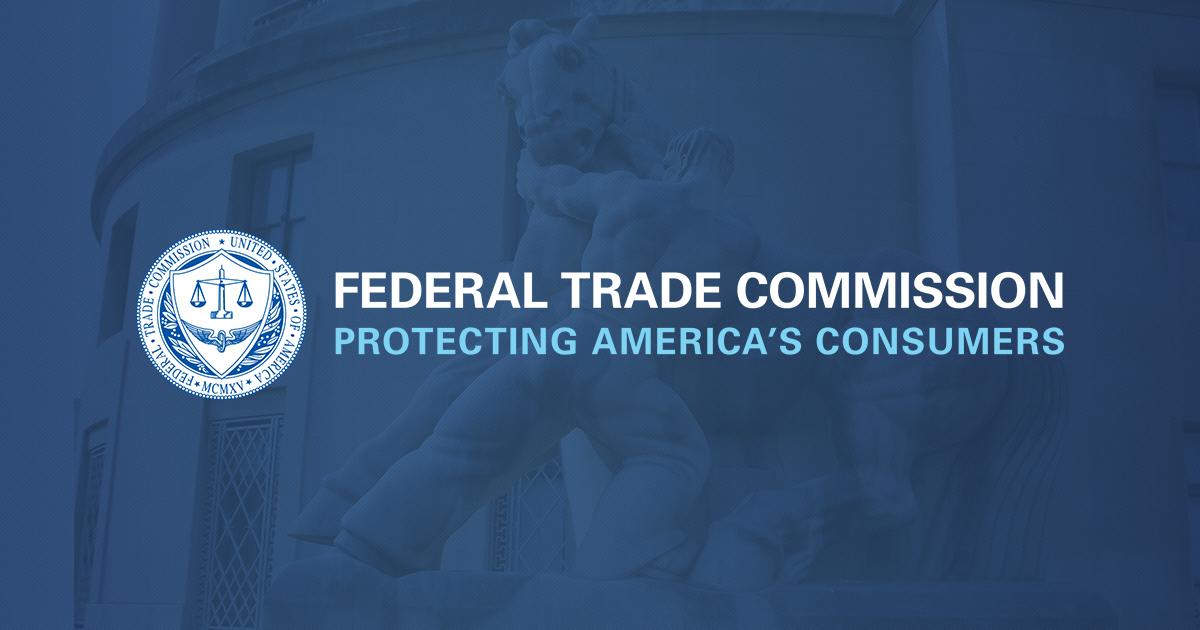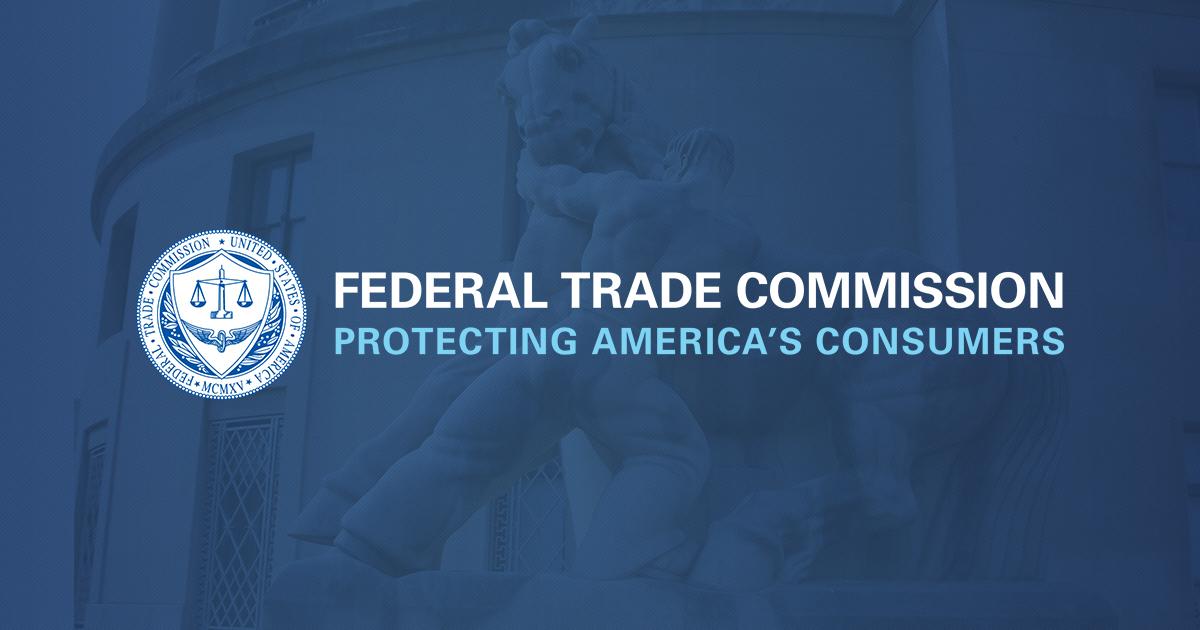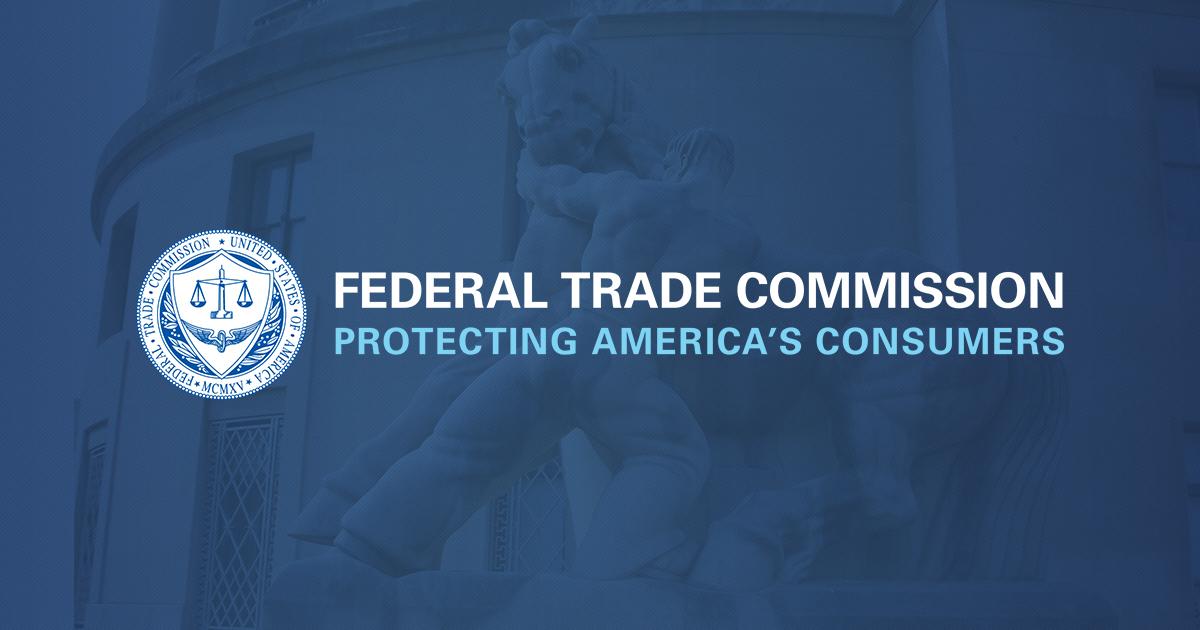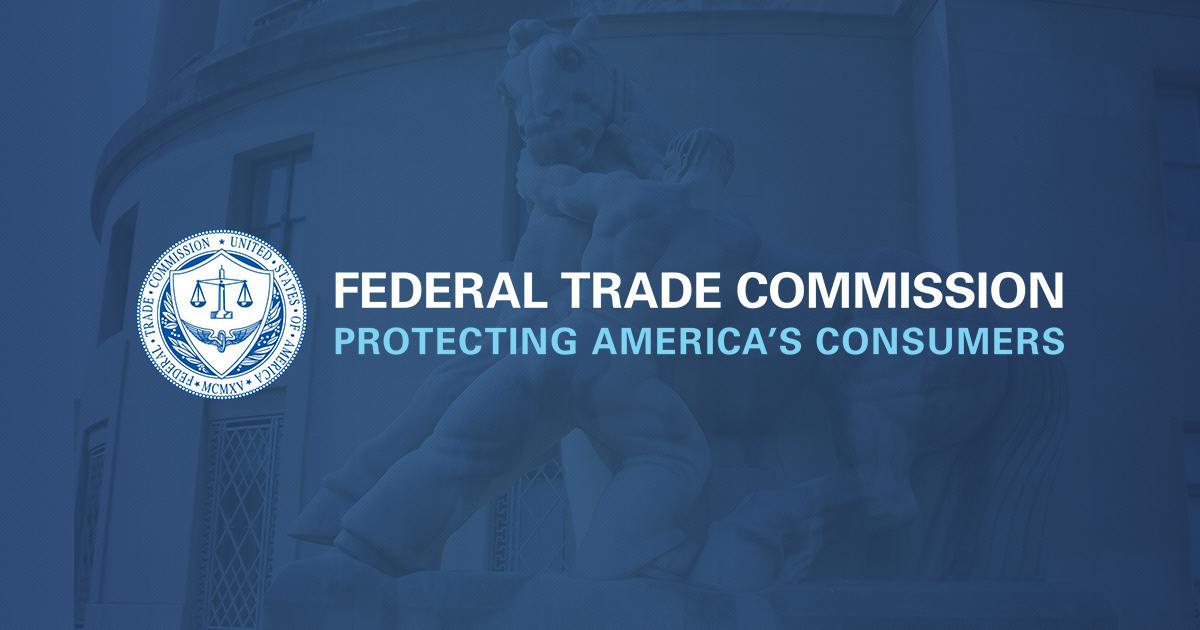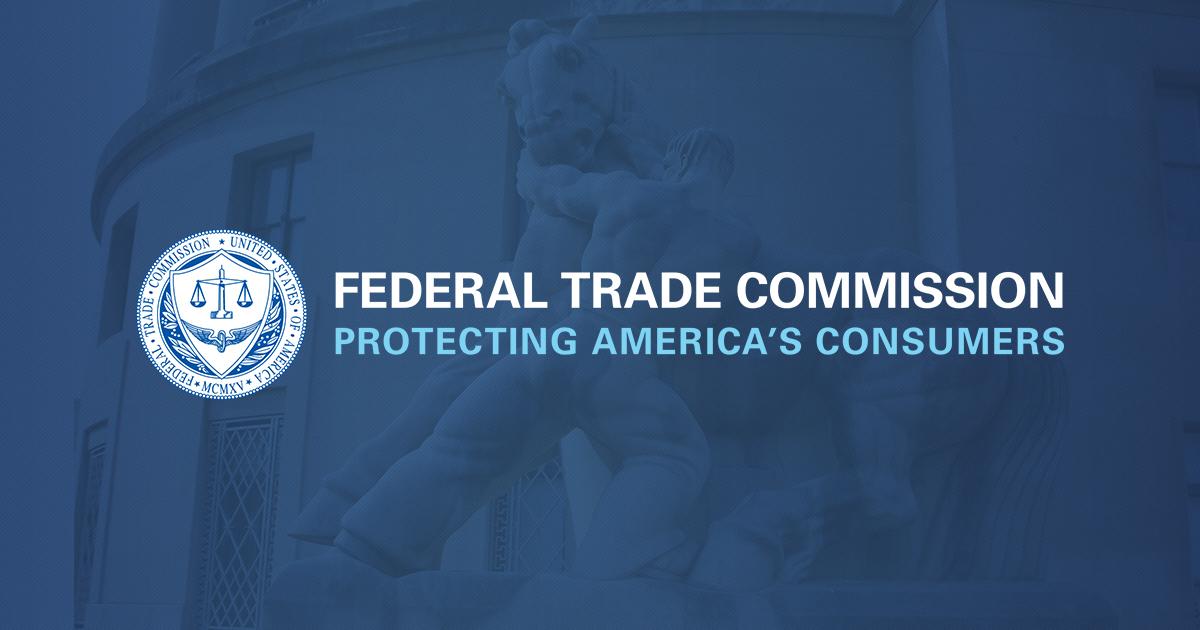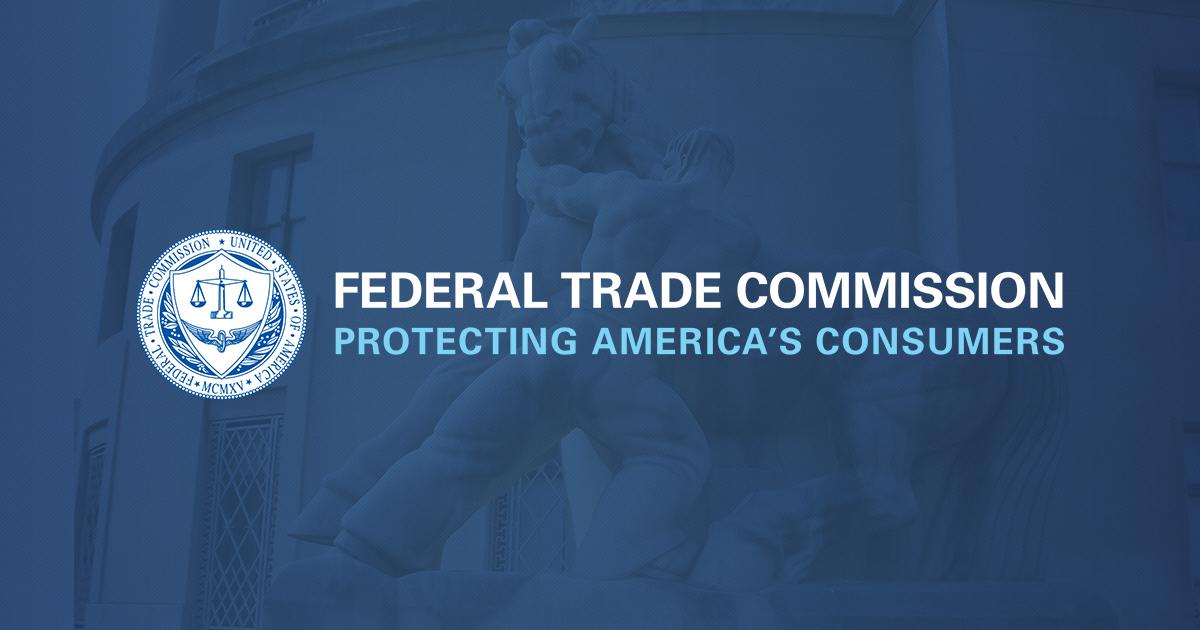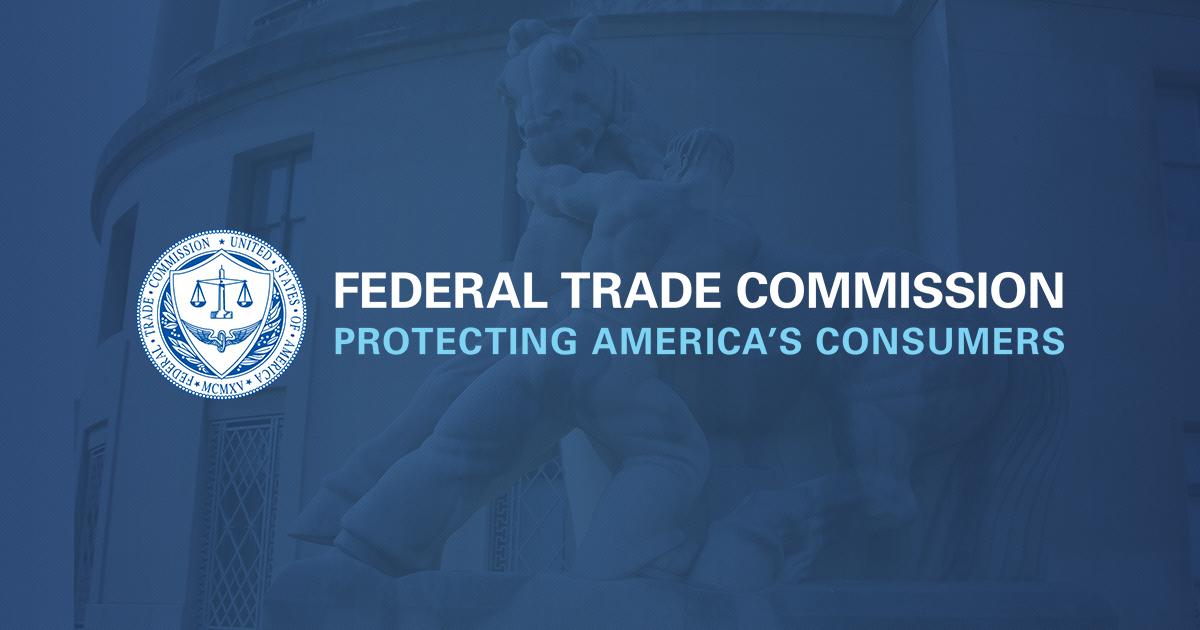“The caller asked for my bank account information. I cannot remember everything he said. I just thought that I needed to confirm my account information in order to avoid losing my Medicare benefits.”
– Juanita Tortella, 77, Amarillo, Texas
The Federal Trade Commission today, in cooperation with more than 30 international, federal, state, and local law enforcement agencies, announced the largest telemarketing fraud sweep ever coordinated by the agency.
Through “Operation Tele-PHONEY,” the FTC has filed federal district court complaints against 13 allegedly deceptive telemarketing operations. Combined with the actions brought by other enforcement agencies, the sweep encompasses more than 180 cases that include both civil and criminal actions in the U.S. and Canada. In many of the FTC actions announced today, federal courts have temporarily frozen defendants’ assets and suspended defendants’ operations.
Operation Tele-PHONEY includes the new FTC cases announced today, developments in several other FTC telemarketing cases, more than 80 state law enforcement actions, criminal actions against more than 90 defendants, and eight cross-border telemarketing fraud actions brought by Canada’s Competition Bureau and the British Columbia Business Practices and Consumer Protection Authority. According to the FTC, in the 13 actions it is announcing today, more than 500,000 consumers were defrauded by unscrupulous telemarketers, resulting in losses of more than $100 million. The Commission estimates that as a result of the law enforcement actions consumers will save approximately $30 million over the next year.
“The sheer breadth of ‘Operation Tele-PHONEY’ is a testament to the ability of law enforcement agencies at all levels to work together effectively to help protect consumers both in the United States and abroad,” FTC Chairman William E. Kovacic said. “I’d like to personally thank all of our partners in this sweep for helping to eradicate the scourge of telemarketing fraud.”
The Chairman was joined in announcing the sweep in Washington, DC, by Rod J. Rosenstein, United States Attorney for the District of Maryland, Andrea Rosen of Canada’s Competition Bureau, and Idaho Attorney General and President of the National Association of Attorneys General Lawrence Wadsen. Also joining him were Robert DeMuro, Inspector in Charge, Financial Crimes Group, U.S. Postal Inspection Service, and other law enforcement partners.
Today the FTC also unveiled the “Who’s Calling?” consumer education campaign, which encourages consumers to: 1) Recognize the signs of telemarketing fraud; 2) Report fraud to the FTC and state attorneys general; and 3) Register phone numbers on the National Do Not Call (DNC) Registry if they want to receive fewer telemarketing calls. The campaign features a new Web site – in both English and Spanish – and two short videos located at ftc.gov/phonefraud and YouTube.com/ftcvideos.
FTC Enforcement Actions
The 13 FTC cases include actions against a variety of telemarketers, ranging from companies that allegedly sent unordered household goods to consumers, to those that offered phony tax rebates or prescription drug plans. In other cases, the callers allegedly deceived consumers through the use of fraudulent sweepstakes pitches or offers of free gifts or promised that for an advance fee, consumers would be “guaranteed” to receive loans or credit cards that never materialized or were useless. Other defendants allegedly used consumers’ bank account information to bill them without their authorization, harassed them to pay for unordered goods, and violated the rules of the DNC Registry. A brief summary of each case is provided below. Each federal district court complaint can be found on the FTC’s Web site.
Med Provisions – Based in Montreal, the defendants allegedly call consumers in the United States claiming they can save consumers 30 to 50 percent on their prescription drug costs. The defendants claim to operate an online pharmacy and offer a 30-day money-back “guarantee” on their “membership package,” which costs $389. Some consumers also are told they will lose their Medicare benefits if they do not sign up for the package. Many consumers who do order the package receive nothing from the defendants, and those who receive something get a worthless card from an organization that supposedly can provide Canadian drugs to U.S. consumers. According to the FTC, all of the claims are false, and many consumers could not get a refund. Canada’s Competition Bureau provided substantial investigative assistance in this case, and is pursuing its own ongoing investigation of these telemarketers.
Union Consumer Benefits – Also based in Montreal, the defendants allegedly telemarket worthless medical discount packages to elderly consumers throughout the United States. The FTC charges that the defendants use deceptive means to persuade consumers to reveal their bank account information, often pretending they are calling from the Social Security Administration, Medicare or the consumers’ bank. In some cases, they offer “free” benefits or claim to offer a medical discount plan that will save the consumer money on medical care and prescriptions, for a one-time fee. The company then debits $399 from the consumers’ bankaccounts and sends them a package containing a prescription discount card that does not work. The FTC also alleges that the defendants have violated the law by calling many consumers whose telephone numbers are listed on the DNC Registry.
Steven Breitling/ICS Financial Firm – In this alleged financial fraud, consumers first receive a direct mailing from ICS Financial “guaranteeing” them a loan of between $2,000 and $5,000. According to the FTC, the company’s telemarketers then contact consumers who have returned the application form, telling them that to get their loan they must first pay a $75 “consulting/collective” fee and sign a contract. After paying the fee, many consumers never hear from the company again. Those who do hear from the company are referred to another lender, whose application states that they are not guaranteed for approval and requires them to pay an additional fee. Many consumers who complete the loan application and pay the fee simply receive a notice that their loan application has been denied.
American Financial Card, Inc. – Running an advance-fee telemarketing scheme, the defendants allegedly defrauded thousands of consumers in the United States by falsely promising to deliver a credit card for an up-front payment of $200. The defendants claimed that the cards carried a $2,000 credit limit, cash advances up to $1,000, and a fixed interest rate. After paying the advance fee, consumers did not receive the promised card. Instead, most of them received a card that could be used only to buy items from the defendants’ catalog.
Integrity Financial Enterprises – In another alleged advance-fee scam, the defendants allegedly offer to provide consumers a general-purpose credit card with a credit limit of between $2,500 and $7,500 for an up-front fee ranging from $200 to $300. The defendants tell consumers that they will get vouchers equal to the amount of the advance fee, which they can apply to future card balances. Some consumers receive nothing at all, while others get a catalog card that they can use only to purchase merchandise from the defendants’ catalog or online store. Those who complain are told they cannot get a refund of the advance fee they paid.
Financial Advisors & Associates – Doing business as Freedom Financial and MyUnsecuredCreditCard.com, the FTC alleges the company and its principals allegedly deceptively tell consumers that they will provide them with a major credit card such as a Visa or MasterCard, but instead have provided only limited-use, advance-fee catalog cards. After paying 10 percent of the promised “credit line” up-front, consumers find the card they receive can only be used to buy goods from the defendants’ catalog or Web site. Those who try to get a refund of the money they paid up-front were routinely turned down.
Handicapped & Disabled Workshops, Inc. – The FTC alleges that the defendants target elderly consumers in telemarketing various household products at exorbitant prices. The defendants aggressively solicit these consumers, often calling several times a day, in an attempt to convince consumers to make a purchase. The defendants call seeking “support” or “donations,” prompting many consumers to believe their purchases will help handicapped or disabled workers employed by the defendants. The FTC also alleges that the defendants mail consumers products they did not order, and debit consumers’ credit and debit card accounts forthese unordered products without the consumers’ consent. The defendants also violate the DNC Registry rules by calling consumers after they have asked not to be called.
Helping Hands of Hope – In a similar scam targeting elderly consumers, the FTC alleges that the defendants telemarket various household products, promising that the proceeds of the sale will either help employ the disabled or will go to a charitable cause. The complaint charges that the defendants’ telemarketers harass consumers who say they don’t want to buy these products until they agree to make a purchase. In some instances, the defendants send consumers products the consumers never ordered and then claim the orders were placed. The defendants also ignore the DNC Registry and consumers’ request to not be called again.
U.S. Magazine Services – In telemarketing calls to sell magazine subscriptions, the defendants allegedly misled consumers about the monthly charges for the subscriptions. While the actual price is sometimes disclosed in a later call after billing information is provided, some consumers only learned what they were charged (or that they were charged at all) after checking their credit card bill or debit account balance. Consumers who tried to cancel the subscriptions after providing billing information and then learning about the monthly charges were told that no cancellations were allowed.
Publishers Business Services – Telemarketing magazine subscriptions, these defendants allegedly disguise their sales pitch as a survey, at the end of which they offer “free” or low-cost magazine subscriptions. They send a bill weeks later, stating that consumers agreed to pay several hundred dollars for the subscriptions. When consumers complain or attempt to cancel, the defendants tell them that they are obligated to pay the bill and may not cancel because they entered into a “verbal contract” during the survey call and the defendants have already paid the magazine publishers for the subscriptions. The defendants then attempt to extort payment by harassing the consumers at work, threatening to initiate collection actions, or threatening to submit derogatory information about them to the major credit bureaus.
NHS Systems, Inc. – The FTC alleges that the defendants call consumers and make a number of misrepresentations, often saying that they are affiliated with U.S. government agencies such as the Social Security Administration, IRS, or Medicare. To deceive consumers into providing bank account information, they often promise grants, tax refunds, tax rebates, or health benefits. Consumers are charged $29.95, $299.95, or both, and find themselves enrolled in a “discount health care program” to which they never agreed.
City West Advantage, Inc. dba Unified Services – The defendants call consumers and tell them that they have won a $1,000 shopping spree or other free gift. According to the FTC, however, the defendants’ real objective is to persuade consumers to provide their bank account information. The defendants’ telemarketers state that the consumer will be charged $1.95 for shipping and handling. If the consumer is reluctant to provide this information, the telemarketers allegedly call back repeatedly and harass the consumer, even after the consumer asked them to stop calling. Consumers who provide their banking information find that they have been charged approximately $149. In most instances, the “gift” that consumers receive is worthless – typically an “Internet shopping spree” certificate that can be used only at one Web site.
Direct Connection Consulting, Inc./Suretouch LLP – The defendants allegedly contact consumers with promises of free gift cards, gas cards, or free resort vacations. In many cases, consumers are told that they are being called by major retailers and will be rewarded if they will take a short survey. Other consumers are told that they will receive free products if they listen to a telemarketing pitch and answer “yes” when prompted. The telemarketers often read their pitch so fast that consumers don’t understand or don’t realize they are agreeing to pay for products or services. Consumers who understand the pitch are told that they will not be billed, as they have not provided their billing information. However, the defendants have access to consumers’ billing information and charge consumers’ credit cards or debit their bank accounts. Consumers who are charged do not receive the free goods or the services promised. The Kentucky Attorney General’s office joined the FTC as co-plaintiff in this case.
Other Recent Commission Actions
In addition to the 13 complaints announced today, the FTC recently announced new developments in six other telemarketing cases. Each of these cases is described below, with a link to the corresponding press release on the FTC’s Web site. Several cases involved the participation of Canadian law enforcers.
Pacific Liberty – At the FTC’s request, this month, the U.S. District Court for the Northern District of Illinois entered a final order and default judgment against a group of individual and corporate defendants based in Ontario, Canada, for their role in a cross-border telemarketing scheme that cost U.S. consumers millions of dollars. Under the terms of the final order, the defendants – collectively known as Pacific Liberty – are barred from violating the FTC Act and the Telemarketing Sales Rule. They also are liable for $5 million dollars, the total net sales made through the cross-border scheme. (http://www.ftc.gov/opa/2008/05/pacliberty.shtm)
Express Consolidation, Inc. – The FTC announced this month that Florida attorney Randall L. Leshin, his debt management services company, Express Consolidation, Inc., and telemarketer Consumer Credit Consolidation, Inc. have agreed to settle charges that they used abusive and deceptive telemarketing practices to sell debt management services to consumers nationwide. Two court orders entered in the FTC’s lawsuit bar, among other things, false representations to sell debt management services and future violations of the DNC Registry. The defendants also must collectively pay more than $2 million. (http://www.ftc.gov/opa/2008/05/express.shtm)
Universal Premium Services, Inc. – In April 2008, the FTC announced several court orders obtained against a nationwide telemarketing scheme that the media has dubbed the “Wal-Mart Shopping Spree” scam. Consumers were falsely promised free gifts and wrongfully paid monthly fees for “program memberships” such as discount buyers’ and travel clubs. The court banned Brian K. MacGregor, the architect of the scheme, from engaging in any aspect oftelemarketing or the selling of program memberships. He and Membership Services Direct, Inc., also known as Continuity Partners, Inc. and Universal Premium Services, Inc., were ordered to pay $28.2 million. (http://www.ftc.gov/opa/2008/04/walmartscam.shtm)
Datacom Marketing, Inc. – The FTC charged Datacom Marketing, Inc., Datacom Direct, Inc., Bernard Fromstein, Judy Provencher, Paul Barnard, Judy Neinstein, Stanley Fromstein, and Charles Farrugia with running a cross-border fraud operation. In April 2008 Farrugia settled charges for his role in scamming American businesses into paying for business directories and listings they didn’t order. The settlement included a $7,603,094 judgment. This month a federal judge ordered Fromstein and Provenchar to pay $49 million for their part in the scheme. (http://www.ftc.gov/opa/2008/04/xborder.shtm and http://www.ftc.gov/opa/2008/05/datacom.shtm)
Ira Rubin – In January 2008, at the FTC’s request, the U.S. District Court for the Middle District of Florida issued an order finding defendant Ira N. Rubin in contempt for multiple violations of a previously issued temporary restraining order and preliminary injunction order against his payment-processing scheme. (http://www.ftc.gov/opa/2008/02/rubin.shtm)
YMA – In December 2007, the FTC and seven state attorneys general charged this payment processor with debiting, or attempting to debit, consumers’ bank accounts on behalf of numerous fraudulent telemarketers and Internet-based merchants. The defendants were charged with offering payment-processing services to a variety of merchants, many of which were engaged in deceptive telemarketing or Internet-based schemes designed to extract money from consumer bank accounts by inducing consumers to provide them with their personal bank account information. The merchants then transmitted the bank account information to the defendants, who processed debits to the consumers’ bank accounts. (http://www.ftc.gov/opa/2007/12/yma.shtm)
Consumer Education
The “Who’s Calling?” consumer education campaign unveiled today also provides tips for consumers on how to identify, prevent, and report fraud over the phone. To recognize and avoid telemarketing fraud, the FTC recommends consumers ask:
- Who’s calling – and why? Telemarketers must tell you it’s a sales call, the name of the seller, and what they’re selling before they make their pitch. If they don’t give you the required information, say “no thanks,” and get off the phone.
- What’s their hurry? Fast talkers who use high pressure tactics could be hiding something. Take your time. Most legitimate businesses will give you time and written information about an offer before asking you to commit to a purchase.
- If it’s free, why are they asking me to pay? Question charges you need to pay to redeem a prize or gift. Free is free. If you have to pay, it’s a purchase – not a prize or a gift.
- Why am I “confirming” my account information – or giving it out at all? Some callers have your billing information before they call you. They’re trying to get you to say “okay” so they can claim you approved the charge. Or, they’re trying to learn your account number. Don’t give it out unless you know who you are talking to and what you are buying.
- What time is it? The law allows telemarketers to call only between 8 a.m. and 9 p.m. A seller calling earlier or later is flouting the law.
- Isn’t there a National DNC Registry? Yes, and putting your number on the Registry will stop most telemarketing calls – but not all. You still will get calls from businesses with which you do business, unless you tell them to stop calling you, too. But calls from sales people from unfamiliar businesses may be the sign of a scam.
Phone fraud and DNC violations can be reported Online at FTC.gov or by phone at 1-877-FTC-HELP. DNC violations can be reported at DoNotCall.gov or by phone at 1-888-382-1222. For a DNC report, you’ll need the phone number or name of the company that called, and the date of the call.
Law Enforcement Coordination
Law enforcement organizations at the international, federal, state, and local levels provided valuable investigative assistance in bringing the actions announced today. At the international level, the FTC would like to acknowledge the Competition Bureau in Canada, the British Columbia Business Practices and Consumer Protection Authority, as well as the ongoing contributions of Project COLT and the Toronto Strategic Partnership.
The Centre of Operations Linked to Telemarketing (COLT) fraud was created in 1998 to fight telemarketing-related crime and is made up of members of the Royal Canadian Mounted Police (RCMP), Sureté du Québec, Service de Police de la Ville de Montréal, Canada Border Services Agency, Competition Bureau of Canada, U.S. Homeland Security (Immigration and Customs Enforcement), the U.S. Postal Inspection Service, the FTC, and Federal Bureau of Investigation. Since its inception, the COLT has recovered $22 million for victims of telemarketing fraud. The Toronto Strategic Partnership consists of the FTC, Competition Bureau Canada, the Toronto Police Service – Fraud Squad, the U.S. Postal Inspection Service (USPIS), the Ontario Ministry of Government Services, the Ontario Provincial Police – Anti-Rackets, the Royal Canadian Mounted Police, and the United Kingdom’s Office of Fair Trading.
At the federal level, the FTC acknowledges the assistance of the U.S. Department of Justice, specifically the Fraud Section and the Office of Consumer Litigation, and the U.S. Attorney’s offices for the Central District of California, District of Nevada; Eastern District of North Carolina, Southern District of Florida, Southern District of Illinois, District of Arizona, Eastern District of Pennsylvania, and Southern District of Ohio. In addition, the Commission appreciates the help of the Social Security Administration’s Office of Investigations in the Office of the Inspector General and the U.S. Treasury Department’s Office of the Inspector General for Tax Administration.
The FTC also appreciates the contribution by state attorney general offices and other state and local partners as part of this sweep. State enforcement actions were announced by the offices
of the attorneys general in Arizona, Florida, Idaho, Illinois, Iowa, Kentucky, Minnesota, Missouri, Nevada, New Jersey, North Carolina, North Dakota, Ohio, Oklahoma, Oregon, Texas, Vermont, and Wisconsin, and by the District Attorney’s offices of San Diego, California, the Florida Department of Agriculture and Consumer Services, the Wisconsin Department of Agriculture, Trade and Consumer Protection, the Wisconsin Department of Justice, and the Eau Claire County District Attorney’s Office.
The FTC also acknowledges the District of Columbia, New York, Montana, and Tennessee Attorneys General, as well as the Office of Financial Regulation for the State of Florida, the Bureau of Charitable Organizations at the Pennsylvania Department of State; the North Dakota Attorney General’s Office, Bureau of Consumer Protection; the Georgia Governor’s Office of Consumer Affairs; the Georgia Department of Labor; the Oklahoma Department of Consumer Credit; and the Montana Department of Justice’s Office of Consumer Protection.
In addition, the Commission thanks the Pinellas County, Florida, Sheriff’s Office; the Pinellas County Office of Consumer Affairs; the Pinellas County Office of Consumer Protection; Pinellas County Justice and Consumer Services; the Roswell, Georgia, Police Department; the Largo, Florida, Police Department; the Phoenix, Arizona, Police Department; the Glendale, Arizona, Police Department; the U.S. Marshals Service, District of Arizona; and the Shelby County, Alabama, Sheriff’s Department. The FTC received additional assistance from the Better Business Bureau (BBB) of Southern Nevada; the BBB of West Florida; the BBB Serving Metro Atlanta, Athens, and Northeast Georgia; the BBB of Upstate New York; the BBB Serving Eastern Washington State, Northern Idaho, and Montana; Phonebusters; the BBB of Southwest Missouri; the BBB of Southeast Florida and the Caribbean; and the BBC of Central/Northern Arizona.
Case Filings
The Commission vote authorizing the filing of each of the 13 complaints was 4-0. They were filed in: 1) The U.S. District Court for the Middle District of Florida (Integrity Financial Enterprises); 2) The U.S. District Court for the Middle District of Florida, Tampa Division (Financial Advisors & Associates and American Financial Card, Inc.); 3) The U.S. District Court for the Western District of Oklahoma (Steven Breitling/ICS Financial Firm); 4) The U.S. District Court for the District of Arizona (Helping Hands of Hope and Handicapped & Disabled Workshops, Inc.); 5) The U.S. District Court for the District of Montana, Missoula Division (U.S. Magazine Services); 6) The U.S. District Court for the District of Nevada (Publishers Business Services, Unified Services); 7) The U.S. District Court for the Eastern District of Pennsylvania (NHS Systems, Inc.); 8) The U.S. District Court for the Northern District of Georgia, Atlanta Division (Direct Consulting, Inc./Suretouch LLP); 9) The U.S. District Court for the Northern District of Illinois (Union Consumer Benefits); and 10) The U.S. District Court for the Northern District of Ohio (Med Provisions).
NOTE: The Commission authorizes the filing of a complaint when it has “reason to believe” that the law has or is being violated, and it appears to the Commission that a proceeding is in the public interest. A complaint is not a finding or ruling that the defendants have actually violated the law.
NOTE: The court has issued temporary restraining orders (TRO) in 11 of the cases announced today. Before the TRO expires, the judge may schedule a hearing to determine whether to extend the order’s provisions pending a full trial. The FTC will seek to permanently bar the defendants from further violations of federal law.
Copies of the Commission’s complaints are available from the FTC’s Web site at http://www.ftc.gov and from the FTC’s Consumer Response Center, Room 130, 600 Pennsylvania Avenue, N.W., Washington, D.C. 20580. The FTC works for the consumer to prevent fraudulent, deceptive, and unfair business practices and to provide information to help spot, stop, and avoid them. To file a complaint in English or Spanish, click: http://www.ftc.gov/ftc/complaint.shtm or call 1-877-382-4357. The FTC enters Internet, telemarketing, identity theft, and other fraud-related complaints into Consumer Sentinel, a secure, online database available to more than 1,600 civil and criminal law enforcement agencies in the U.S. and abroad. For free information on a variety of consumer topics, click http://www.ftc.gov/bcp/consumer.shtm.
- Michael Milgrom,
FTC East Central Region, Cleveland
216-263-2419
(Med Provisions)
- Guy G. Ward,
FTC Mid-West Region, Chicago
312-960-5612
(Union Consumer Benefits)
- Emily B. Robinson,
FTC Southwest Region, Dallas
214-979-9386
(Steven Breitling/ICS Financial Firm)
- Gideon E. Sinasohn,
FTC Southeast Region, Atlanta
404-656-1366 (
American Financial Card, Inc.)
- Ann F. Weintraub,
FTC Northeast Region, New York
212-607-2815
(Integrity Financial Enterprises)
- Stephen L. Cohen,
FTC Bureau of Consumer Protection
202-326-3222
(Financial Advisors & Associates)
- Kathleen Benway,
FTC Bureau of Consumer Protection
202-326-2024
(Handicapped & Disabled Workshops, Inc.)
- John D. Jacobs,
FTC Western Region, Los Angeles
310-824-4360
(Helping Hands of Hope)
- Mary Benfield,
FTC Northwest Region, Seattle
206-220-4472
(U.S. Magazine Services)
- Faye Chen Barnouw,
FTC Western Region, Los Angeles
310-824-4316
(Publishers Business Services)
-or-
Raymond E. McKown,
FTC Western Region, Los Angeles
310-824-4325
- Harris Senturia,
FTC East Central Region, Cleveland
216-263-3420
(NHS Systems, Inc.)
- Kenneth H Abbe,
FTC Western Region, San Francisco
415-848-5182
(Unified Services)
- Valerie M. Verduce,
FTC Southeast Region, Atlanta
404-656-1355
(Direct Connection Consulting, Inc./Suretouch)
(FTC File Nos.: 082-3098, 082-3118; 082-3101; 072-3010; 082-3120; 082-3040; 082-3128; 082-3126; 082-3084; 082-0055; 082-3117; 082-3064; 082-3075)
(Civ. Nos.: 1:08CV1051; 08 C 2309; 8:08 cv 914-T27; 8:08-cv-00899-T-17-MAP; 8:08 cv 914-T27; 8:08-CV-0097-T-26-TBM; CV-08-0908PHX DGC; CV-08 0909-PHX-JAT; CV 08-64-M-DWM; CV-00620-PMP-PAL; 08-2215; CV-00609-BES-GWF; 08-cv-1739-Batten)
(Tele-PHONEY.final.wpd)

